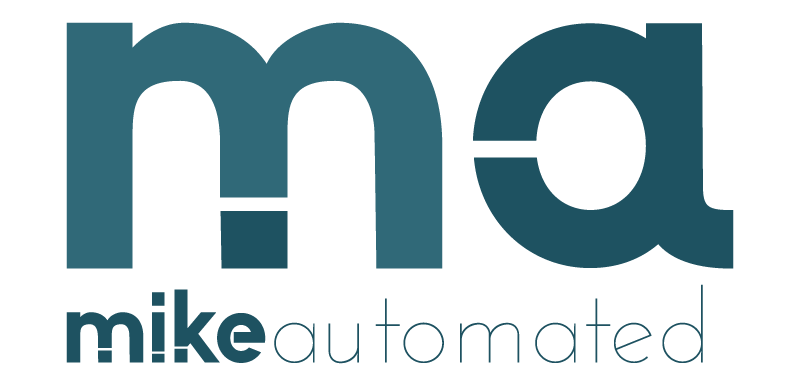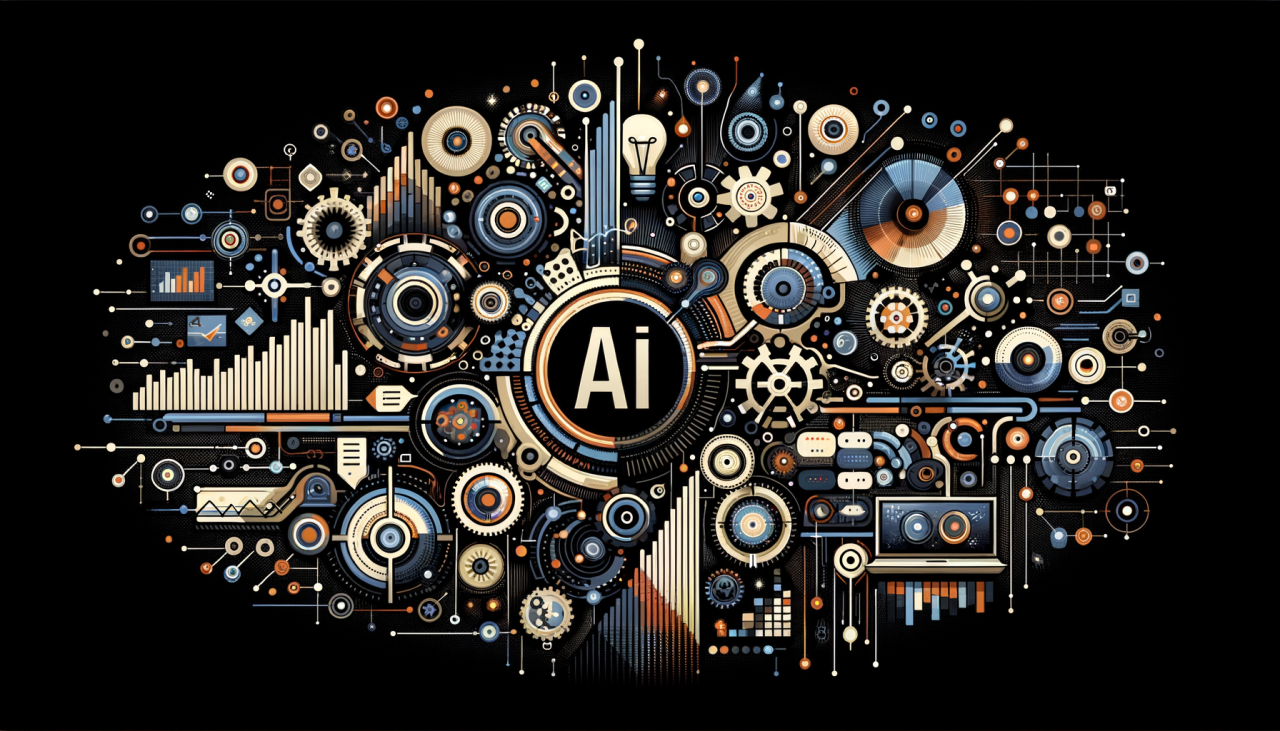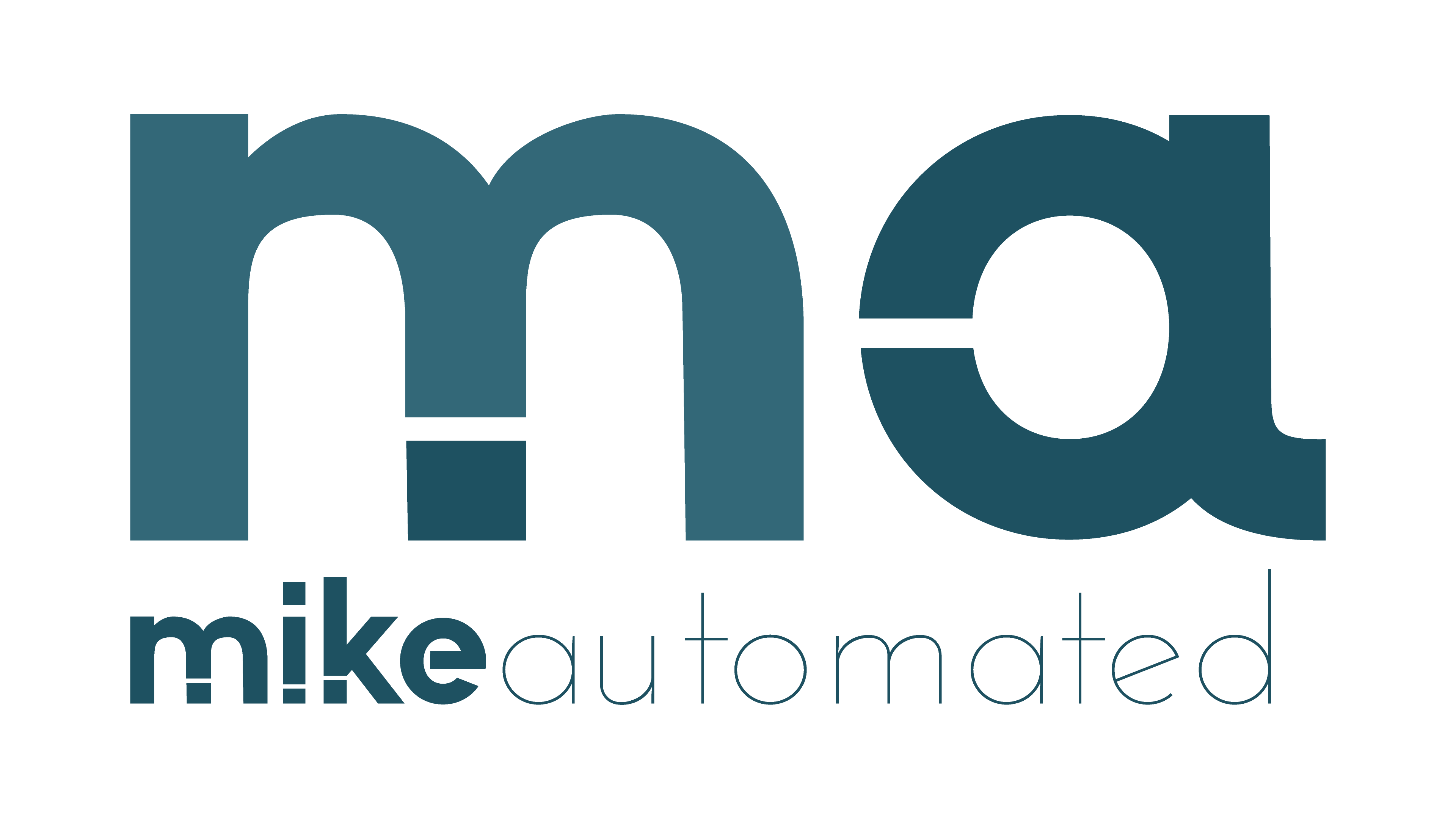TL;DR:
- AI is revolutionizing content creation by making it more personalized and efficient.
- It uses data analysis to understand audience preferences and behaviors.
- AI tools can generate text, recommend visuals, and optimize messaging.
- Personalized content improves engagement, conversions, and customer satisfaction.
- To stay competitive, businesses should integrate AI into their content strategies.
What Is AI-Enhanced Content Creation?
AI-enhanced content creation uses artificial intelligence technologies to produce, optimize, and personalize content. Unlike traditional methods, it leverages data and machine learning to create content that resonates with specific audiences. This involves generating text, recommending visuals, and even suggesting optimal publishing times to maximize engagement. For businesses, AI takes the guesswork out of audience targeting. By analyzing user data such as browsing history, search intent, and social media activity, AI can predict what content will perform best. This leads to better customer experiences, higher conversion rates, and more effective marketing campaigns.How AI Personalizes Content Creation
1. Audience Segmentation Through Data Analysis
AI examines large volumes of user data to identify patterns and segment audiences based on their preferences. For instance, an e-commerce site can use AI tools to categorize customers by their shopping habits, such as frequent buyers versus discount seekers. This segmentation allows businesses to create customized content for each group.2. Content Tailoring Based on Customer Behavior
Machine learning algorithms adjust content in real-time based on user interactions. For example, if a user consistently engages with blog posts about fitness, an AI system can recommend more exercise-focused articles or email campaigns tailored to their interests.3. Adaptive Messaging Across Platforms
AI ensures your messaging aligns with platform-specific best practices. For instance, a Facebook post might emphasize eye-catching visuals, while an email campaign scrapes user purchase histories to craft a personalized subject line. This adaptability increases the chances of engagement on each platform.Benefits of AI-Powered Personalization in Content
1. Boosted Reader Engagement
Personalized content grabs attention because it feels relevant. Customers are more likely to click, share, and act on content that directly addresses their needs or interests.2. Higher Conversion Rates
By delivering the right message at the right time, AI can drive purchasing decisions. For example, an AI tool might send a discount code to a user who has abandoned their cart, increasing the likelihood of purchase.3. Time and Resource Savings
Creating high-quality content manually can be time-consuming. AI tools like copy generators, predictive analytics, and image recognition automate much of the work, allowing teams to focus on strategy rather than execution.4. Improved Customer Retention
Relevance breeds loyalty. By continuously serving personalized content, businesses can reinforce customer loyalty and reduce churn.Real-World Examples of AI in Content Creation
1. Netflix
Netflix uses AI to recommend personalized shows and movies. Based on a user’s viewing habits, their algorithm narrows down options, keeping users engaged for longer periods.2. Spotify
Spotify’s AI curates playlists like “Discover Weekly” by analyzing listening habits and preferences. This keeps users returning to their platform as new and exciting content is always available.3. E-commerce Platforms
Companies like Amazon employ AI to suggest products users are likely to purchase next, creating a seamless shopping experience and increasing revenue.Actionable Tips for Using AI in Content Strategies
- Start Small: Begin by integrating AI into specific areas, such as generating blog posts or email copy.
- Leverage AI Tools: Use platforms like ChatGPT for writing or Canva’s AI for visuals to enhance content creation workflows.
- Analyze Results: Continuously monitor performance metrics, adjusting your strategy based on what’s working.
- Stay Ethical: Use AI responsibly by respecting user privacy and avoiding manipulative tactics.
What to Look for in AI Content Tools
When selecting AI tools, consider your business goals. Are you focused on SEO optimization, audience engagement, or time-saving? Popular AI content tools include:- Jasper AI: Ideal for crafting high-conversion copy.
- Canva AI: Simplifies visual generation and design tasks.
- Grammarly: Ensures clarity and correctness in written content.
- MarketMuse: Optimizes content for SEO performance by analyzing related terms and keyword opportunities.
Challenges to Consider
While AI offers numerous benefits, there are challenges to address:- Data Privacy: Using AI-driven personalization relies on collecting user data. Businesses must handle data responsibly to comply with regulations like GDPR.
- Over-Personalization: Excessive targeting can feel invasive to audiences, leading to disengagement.
- Learning Curve: For teams new to AI, there may be a steep learning curve when integrating these tools into workflows.



